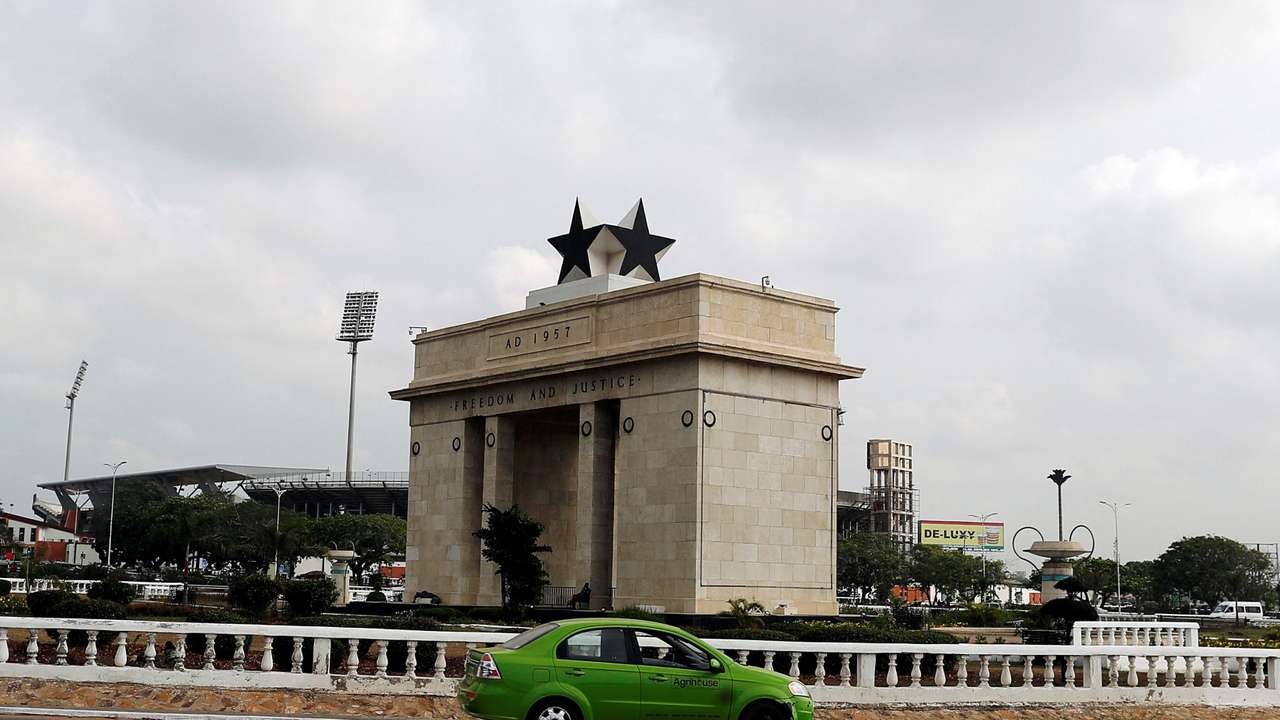The $1.3 billion Amaaba Bio-Refinery Complex will be developed by Kambic Industrial Partners, according to GhanaWeb.
The project is being executed in collaboration with global partners Honeywell and Chempolis. It will utilise Ghana’s bamboo resources to produce advanced biofuels and green chemicals, including sustainable aviation fuel (SAF), renewable diesel, green naphtha, bioethanol, furfural, lignin, and acetic acid.
Kambic CEO John Kaku Mason described the project as “a major turning point for Ghana and for Africa as a whole.”
“By turning locally grown bamboo into high-quality sustainable fuels and green chemicals, we are creating jobs, building new industries, and placing Ghana at the forefront of global green innovation,” he said.
The company highlighted the role of international collaboration in ensuring high standards. Honeywell will contribute its expertise in refining and sustainable fuel production systems, while Chempolis will provide its FormicoR biorefining technology for efficient bamboo biomass processing.
Kambic stated that the partnership will help the refinery meet top global environmental and operational standards and promote long-term sustainability.
Last week, the Ghanaian government also announced plans to construct the country’s first purpose-built expressway. The 198-kilometre Accra–Kumasi Expressway is expected to modernise transport between the coast and the forest belt, reduce travel times, and boost economic activity in the southern regions.
The announcement was made by Finance Minister Dr Cassiel Ato Forson during the presentation of the 2026 Budget Statement to Parliament on November 13.
While the minister did not disclose the project’s cost, he confirmed that the expressway is scheduled for completion in three years, with commissioning anticipated in 2028.
